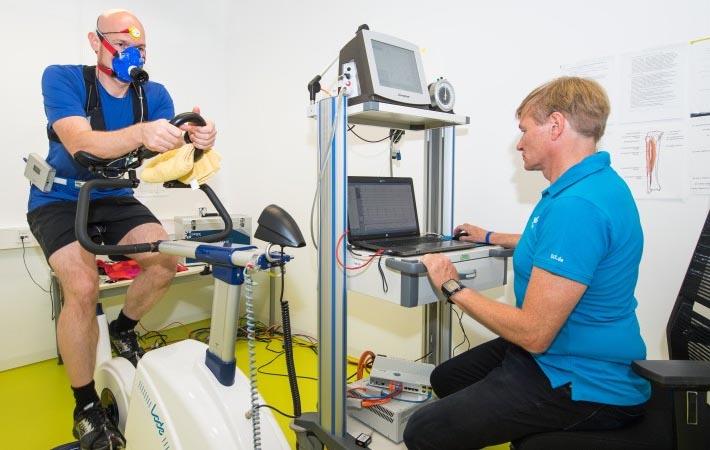Hohenstein’s Spacetex2 project by German ESA astronaut, Dr. Alexander Gerst, will carry out clothing physiology experiments to investigate the interaction of the body, clothing, and climate under zero gravity conditions. The experiments will be held by Alexander in the ‘Horizons’ mission at the International Space Station ISS, which began on June 6, 2018.
The findings of Spacetex2 will help to optimise clothing for astronauts (known as IVA ‘intra-vehicular activity’ clothing), also with regard to long-term missions, for example, for the planned manned flight to Mars in the 2030s. As per the mission goal ‘Knowledge for Tomorrow’, the project also provides important insights for the development of new functional textiles which can also be used on Earth under extreme climatic and physiological conditions.Hohenstein's Spacetex2 project by German ESA astronaut, Dr. Alexander Gerst, will carry out clothing physiology experiments to investigate the interaction of the body, clothing, and climate under zero gravity conditions. The experiments will be held by Alexander in the 'Horizons' mission at the International Space Station ISS, which began on June 6, 2018.#
Project manager from Hohenstein, Dr. Jan Beringer said, “Alexander Gerst has to sweat quite a lot in space in order to activate the cooling performance of the functional shirts. Like on Earth, the human body emits heat when under strain and tries to cool itself down in this way. However, zero gravity changes heat exchange on the surface of the body - there is no loss of heat due to convection when in space. During physical activity, heat thus builds up quicker than on earth. The result of this is that the core body temperature rapidly climbs to values that are too high to be healthy. Therefore, it is very important to optimise heat exchange through the evaporative cooling of sweat by clothing made of appropriate materials.”
The project partners Hohenstein, Charité University Medical Department in Berlin, German Aerospace Centre (DLR) and the European Space Agency will not have to wait long for new findings: the experiments that are part of Spacetex2 are scheduled for June 2018. For Alexander Gerst this means that, in addition to his regular necessary training sessions on the ISS, he must also complete six special training sessions with the different functional shirts on the ergometer or the treadmill.
Special sensors used in the “MetabolicSpace” experiment carried out in parallel by the Institute of Aerospace Engineering at the TU Dresden, which act as an analysis system for physical and metabolic functions, provide data on respiratory flow, heart frequency and oxygen saturation. In this way, the effect of different functional shirts on the body temperature, wear comfort and performance can be examined individually. The results will be available to the scientists shortly afterwards via data downlink to the Earth and can be included in subsequent research. (GK)
Fibre2Fashion News Desk – India
